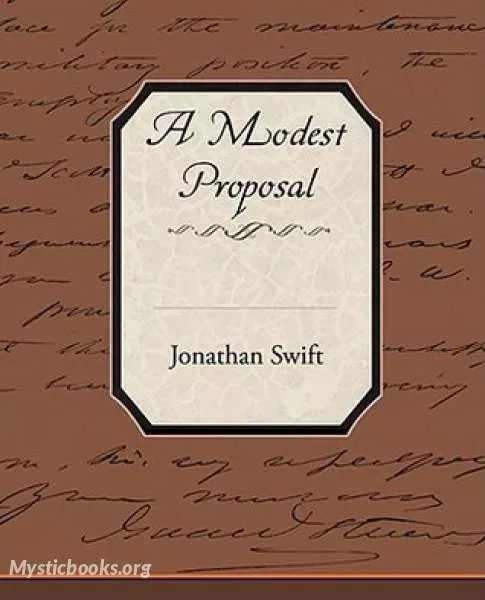
A Modest Proposal
'A Modest Proposal' Summary
Swift's essay is widely held to be one of the greatest examples of sustained irony in the history of the English language. Much of its shock value derives from the fact that the first portion of the essay describes the plight of starving beggars in Ireland, so that the reader is unprepared for the surprise of Swift's solution when he states: "A young healthy child well nursed, is, at a year old, a most delicious nourishing and wholesome food, whether stewed, roasted, baked, or boiled; and I make no doubt that it will equally serve in a fricassee, or a ragout."
Swift goes to great lengths to support his argument, including a list of possible preparation styles for the children, and calculations showing the financial benefits of his suggestion. He uses methods of argument throughout his essay which lampoon the then-influential William Petty and the social engineering popular among followers of Francis Bacon. These lampoons include appealing to the authority of "a very knowing American of my acquaintance in London" and "the famous Psalmanazar, a native of the island Formosa" (who had already confessed to not being from Formosa in 1706).
In the tradition of Roman satire, Swift introduces the reforms he is actually suggesting by paralipsis:
Therefore let no man talk to me of other expedients: Of taxing our absentees at five shillings a pound: Of using neither clothes, nor household furniture, except what is of our own growth and manufacture: Of utterly rejecting the materials and instruments that promote foreign luxury: Of curing the expensiveness of pride, vanity, idleness, and gaming in our women: Of introducing a vein of parsimony, prudence and temperance: Of learning to love our country, wherein we differ even from Laplanders, and the inhabitants of Topinamboo: Of quitting our animosities and factions, nor acting any longer like the Jews, who were murdering one another at the very moment their city was taken: Of being a little cautious not to sell our country and consciences for nothing: Of teaching landlords to have at least one degree of mercy towards their tenants. Lastly, of putting a spirit of honesty, industry, and skill into our shop-keepers, who, if a resolution could now be taken to buy only our native goods, would immediately unite to cheat and exact upon us in the price, the measure, and the goodness, nor could ever yet be brought to make one fair proposal of just dealing, though often and earnestly invited to it. Therefore I repeat, let no man talk to me of these and the like expedients, 'till he hath at least some glympse of hope, that there will ever be some hearty and sincere attempt to put them into practice.
Book Details
Authors
Jonathan Swift
Ireland
Swift is remembered for works such as A Tale of a Tub (1704), An Argument Against Abolishing Christianity (1712), Gulliver's Travels (1726), and A Modest Proposal (1729). He is regarded by the Encyclo...
Books by Jonathan SwiftDownload eBooks
Listen/Download Audiobook
- Select Speed
Related books

Olivier Twist (NL) by Charles Dickens
Oliver Twist is een klassiek verhaal dat de schrijnende omstandigheden van weeskinderen in het Victoriaanse Londen blootlegt. Oliver, een weesjongen,...
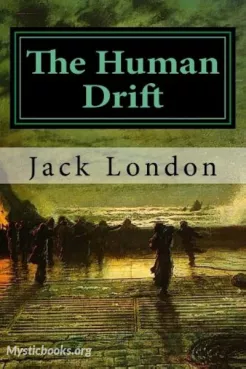
The Human Drift by Jack London
This captivating book delves into the intricacies of human existence and explores the complexities of society. First published in 1917, this timeless...
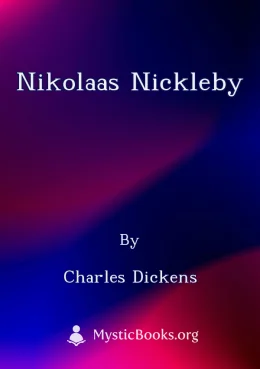
Nikolaas Nickleby by Charles Dickens
Nikolaas Nickleby is een jonge man die, na het overlijden van zijn vader, gedwongen wordt om te werken in een gruwelijke kostschool gerund door de wre...

Persian Hidden Words by Bahá'u'lláh
The Hidden Words is a collection of short utterances by Baháʼuʼlláh, the founder of the Baháʼí Faith, that are intended to be a source of spiritual gu...
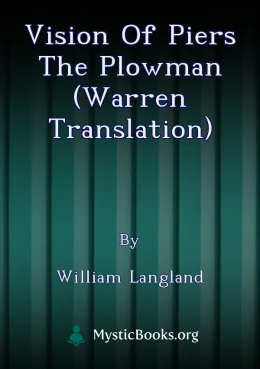
Vision of Piers the Plowman (Warren translation) by William Langland
William Langland's *Vision of Piers the Plowman* is a profound and influential poem written in Middle English during the 14th century. It offers a vi...

2 B R 0 2 B by Kurt Vonnegut, Jr.
Kurt Vonnegut, Jr. was a prolific and genre-bending American novelist known for works blending satire, black comedy, and science fiction, such as Slau...
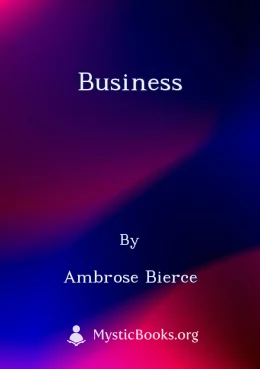
Business by Ambrose Bierce
Ambrose Bierce's "Business" is a collection of satirical poems that explore the darker side of the business world. Bierce skewers the greed, corruptio...
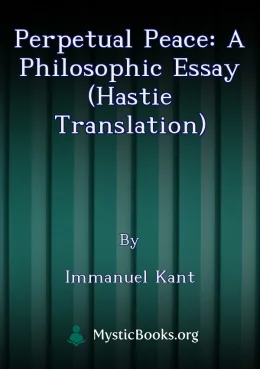
Perpetual Peace: A Philosophic Essay (Hastie Translation) by Immanuel Kant
This essay, written in 1795, puts forth a plan for a lasting peace between nations and peoples. Kant puts forth necessary means to any peace, and argu...
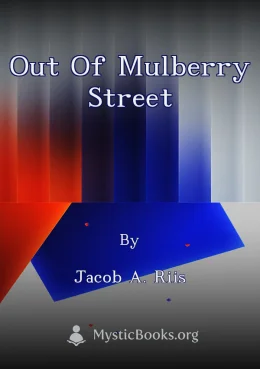
Out of Mulberry Street by Jacob A. Riis
Jacob Riis's "Out of Mulberry Street" offers a raw and intimate look at the lives of immigrants in late 19th-century New York City. Through poignant s...
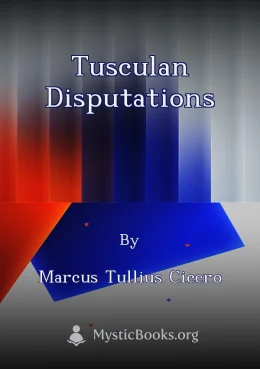
Tusculan Disputations by Marcus Tullius Cicero
Tusculan Disputations is a philosophical work by Roman orator and statesman Cicero. The book is divided into five parts, each of which deals with a di...
Reviews for A Modest Proposal
No reviews posted or approved, yet...